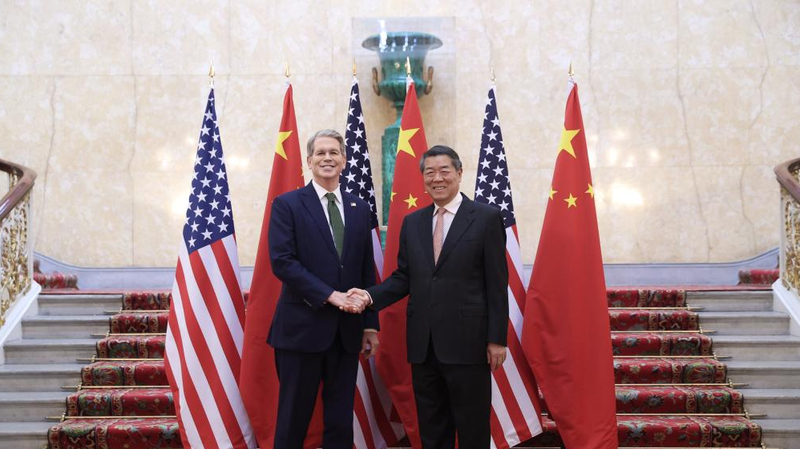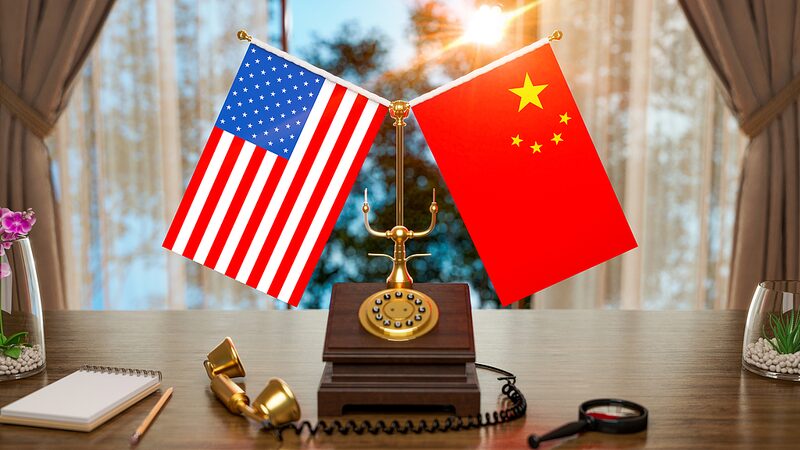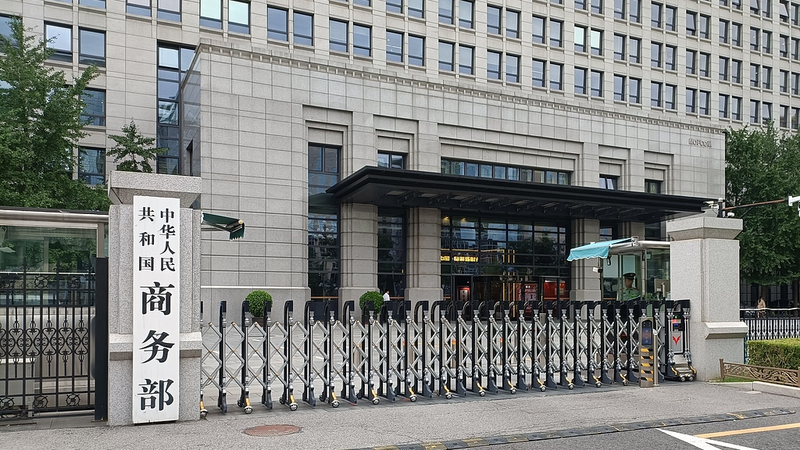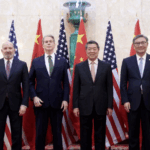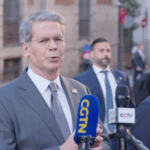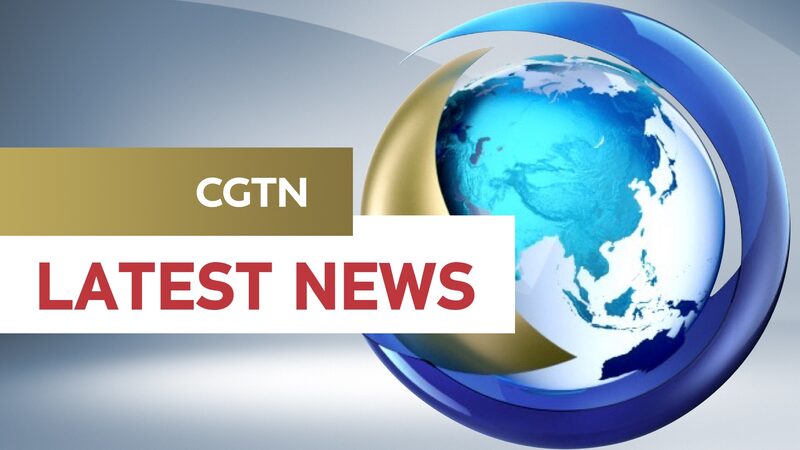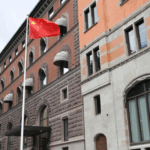High-level economic talks between China and the U.S. are set to resume in Madrid this week, with Chinese Vice Premier He Lifeng and U.S. Treasury Secretary Scott Bessent aiming to navigate contentious issues like tariffs, export controls, and TikTok's future. The discussions mark the fourth round of bilateral economic dialogue in six months, signaling persistent efforts to stabilize trade relations amid ongoing friction.
Tariff Truce Under Scrutiny
Since May 2024, both nations have gradually reduced punitive tariffs following agreements in Geneva, London, and Stockholm. Over 90% of additional tariffs were lifted reciprocally, with temporary suspensions extended through early November. However, Beijing has consistently criticized Washington's tariff policies as "self-damaging" and disruptive to global supply chains, urging adherence to multilateral trade rules.
Export Controls Take Center Stage
For the first time, U.S. export restrictions—particularly on semiconductors, AI, and biotech—are expected to dominate discussions. This follows the recent addition of 32 Chinese entities to the U.S. Entity List, a move China's Ministry of Commerce called "counterproductive" ahead of the Madrid meeting. Analysts note these controls reflect widening tech competition, with China accusing the U.S. of stifling developing nations' technological progress through "discriminatory" policies.
TikTok's Uncertain Horizon
While details remain sparse, TikTok's operational challenges in the U.S. are anticipated to surface during talks. The app's fate has become a symbolic battleground in broader debates over data security and market access.
As global markets watch closely, the Madrid meeting could set the tone for China-U.S. economic relations ahead of November's tariff deadline. Outcomes may reshape supply chains, tech innovation pathways, and cross-border investment flows across Asia and beyond.
Reference(s):
Upcoming China-U.S. talks in Spain: Tariffs, export curbs and TikTok
cgtn.com
